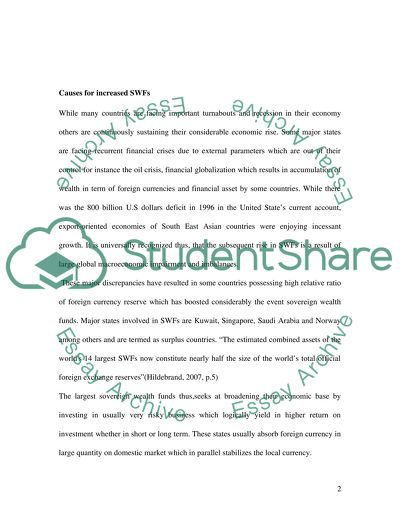Cite this document
(Sovereign Wealth Funds Coursework Example | Topics and Well Written Essays - 2000 words, n.d.)
Sovereign Wealth Funds Coursework Example | Topics and Well Written Essays - 2000 words. Retrieved from https://studentshare.org/finance-accounting/1545383-sovereign-wealth-funds-international-finance
Sovereign Wealth Funds Coursework Example | Topics and Well Written Essays - 2000 words. Retrieved from https://studentshare.org/finance-accounting/1545383-sovereign-wealth-funds-international-finance
(Sovereign Wealth Funds Coursework Example | Topics and Well Written Essays - 2000 Words)
Sovereign Wealth Funds Coursework Example | Topics and Well Written Essays - 2000 Words. https://studentshare.org/finance-accounting/1545383-sovereign-wealth-funds-international-finance.
Sovereign Wealth Funds Coursework Example | Topics and Well Written Essays - 2000 Words. https://studentshare.org/finance-accounting/1545383-sovereign-wealth-funds-international-finance.
“Sovereign Wealth Funds Coursework Example | Topics and Well Written Essays - 2000 Words”. https://studentshare.org/finance-accounting/1545383-sovereign-wealth-funds-international-finance.


